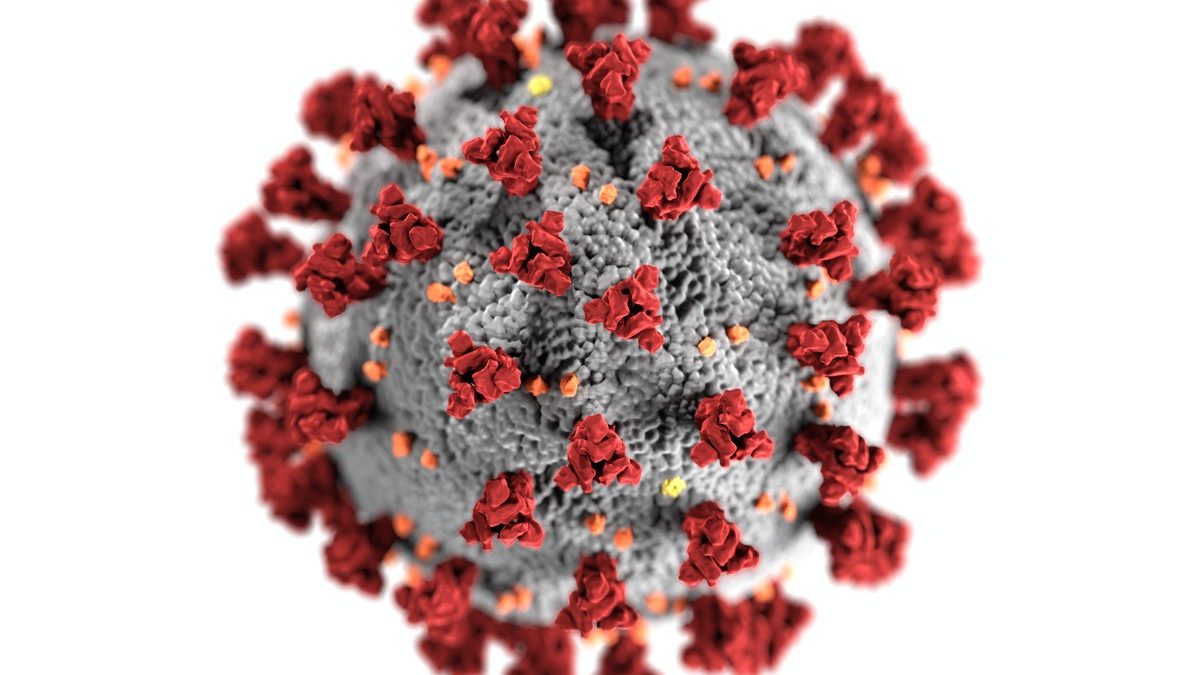
Vaccines protect against a wide range of diseases from measles up to tetanus. Vaccines can cause side effects, just like any other medication. Most adverse reactions to vaccination are mild. It is still possible to experience serious side effects – even though they are rare.
You can prepare yourself for possible side effects of vaccination by learning about them. Continue reading to learn about some of the side effects.
Mild Pain in the Affected Area
Many people receive vaccinations and then walk away like nothing ever happened. Some people may feel pain after the injections, especially in the affected areas.
A flu shot, for example, could cause mild discomfort where the injection was given. The pain should subside within a few moments. Some vaccine-related discomfort may last a few days.
To help relieve the pain, you can apply home remedies like cold compresses to the area. You can also take paracetamol.
Consult a doctor if your pain persists for a long time. You can still visit your GP but you can also search for “house-call doctors in my area” to save time. This discomfort could be a sign of vaccine-related injuries, including:
- Brachial neuritis
- Shoulder injury associated with vaccine administration
- Guillain-Barre syndrome (GBS)
- Complex Regional Pain Syndrome (CRPS)
- Multiple sclerosis
Anaphylaxis
Anaphylaxis can be a serious and life-threatening allergic response that is caused by a variety of sources, such as vaccine injections. An anaphylactic reaction can occur within minutes or seconds after receiving a vaccine.
Anaphylaxis can also be caused by:
- Bee stings
- Latex
- Physical activities that are intense
- Aspirin, antibiotics and other medications
Anaphylactic shock can be identified by:
- Low blood pressure (hypotension).
- Feeling dizzy or faint
- Nausea, vomiting, or diarrhea
- Weak but fast pulse
- Swollen throat or tongue
- Airways constricted (difficulty breathing)
If you experience these symptoms following vaccination, contact your medical provider right away. If you do not act quickly, it could be fatal.
Fever
A common reaction to vaccination is fever, particularly in infants and young children. It is important to note that vaccines are a strain or disease to increase your resistance to that particular disease.
Taken as an example, taking an injection of influenza is like giving “homework” to your antibodies. The strain that you are injected with might be low-potency or not be able to spread within your body. Your immune system will still study the strain and prepare itself in case the flu attacks your body.
This process makes the body work more than normal, causing a fever. This rise in temperature will last about a week or so. Consult a doctor, however, if your fever does not disappear within 48 hours.
Vomiting
Vomiting can be caused by food poisoning, viral infections, or high fever. This adverse reaction can be caused by the age and timing of an incident.
Vomiting can be caused by vaccinations. The body is trying to forcefully remove the virus strain from the vaccine.
Vomiting should not occur more than once or twice in the first few days after vaccination. It may also happen within a short time. If the vomiting persists for more than a couple of days, or comes with other complications like diarrhea, call a doctor.
Skin Rashes
It is possible to get a rash after vaccination.
Itchy, raised bumps can appear within a few minutes of the injection. Some cases can be seen where the rash occurs ten days following the vaccination. Rashes can sometimes appear a month after the vaccination. The rashes also tend to appear when multiple vaccines are administered in one session.
Skin rashes after vaccination are not a cause for concern if there is no other illness. This skin condition will disappear within a few weeks. Prepare yourself for other side effects, including nausea and fever, that may accompany the rash.
If you experience symptoms such as skin rashes or allergic reactions, contact an emergency medical team immediately.
Narcolepsy
Narcolepsy is characterized by extreme sleepiness. Some people can become extremely sleepy following vaccinations, as their immune systems work harder than normal. The body uses more energy as a result, which causes fatigue and sleep.
Takeaway:
It’s not uncommon to experience side effects after a vaccination. Many people experience adverse reactions such as fever and headaches after an injection. Some severe reactions, such as anaphylaxis or narcolepsy can occur on rare occasions. If you have any of these severe reactions, consult your doctor right away.







